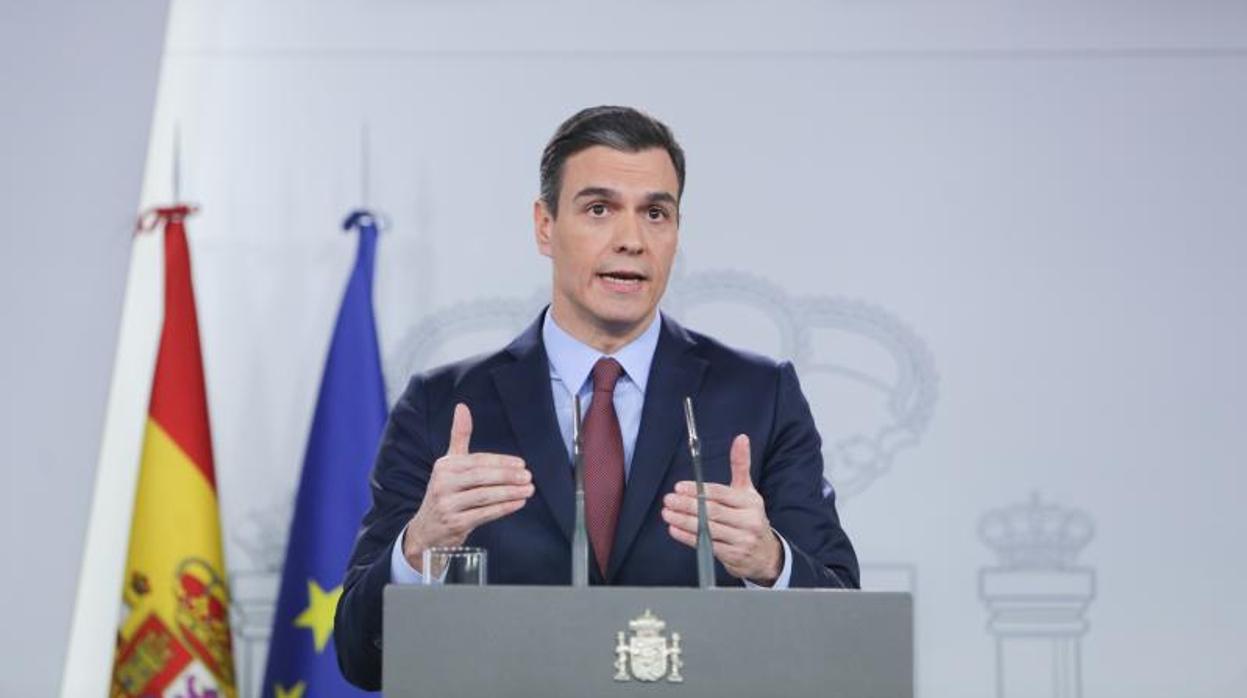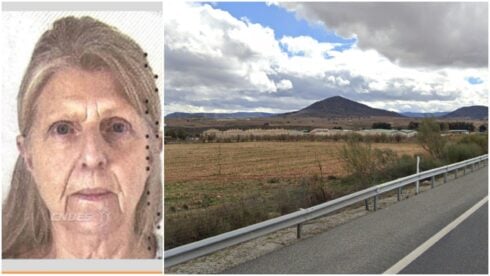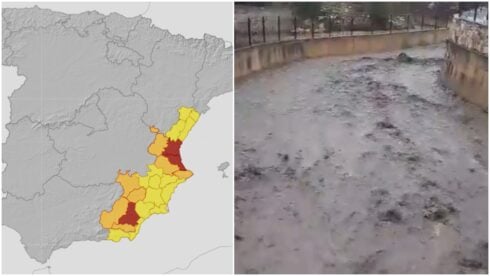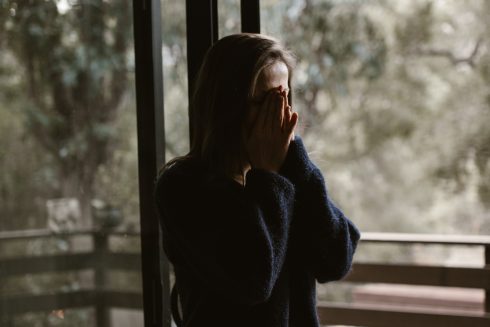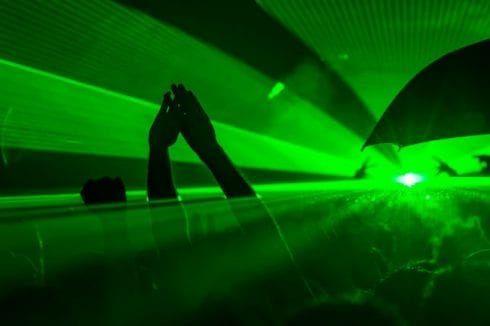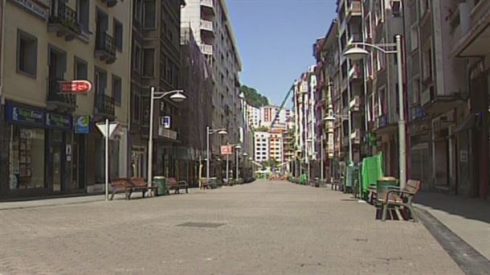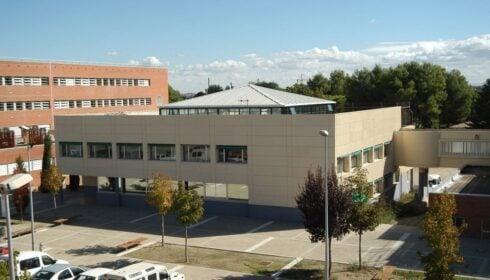PEDRO Sanchez has declared a state of emergency in Spain in the fight against the coronavirus outbreak.
The Spanish Prime Minister made the unprecedented announcement at 2:30pm today.
This ‘state of alarm’ which is included in article 116 of the Constitution is the lowest of three emergency states.
The next two stages are known as ‘emergency’ and ‘siege’.
The state of emergency will be in place for 15 days and it can be extended by Congress.
It is only the second time in Spain’s history that the state of alarm has been applied.
Spain’s former PM, Jose Luis Rodriguez Zapatero, enacted the measure in 2010, amid the country’s air traffic control crisis.
A state of alarm means:
- Limits on the movement of the people and vehicles
- Goods may be commandeered by the Government
- Increased Government control over factories, farms, workshops, etc. (although not privately owned housing)
- Rations may be applied to basic services and to some goods
Meanwhile:
- The Government has announced a cash injection of €14 billion for the economy and €3.8 billion for the Ministry of Health
- Madrid has ordered the closure of gyms, bars, clubs and restaurants
- Large events have been postponed, including Valencia’s Fallas festival
- A total of 120 people have died and 4,200 have been infected
- The US and 61 other countries have imposed travel restrictions on people from Spain
- Catalunya has placed 80,000 people under quarantine
- Several Spanish politicians have tested positive for Covid-19, including Vox leader Santiago Abascal
- All La Liga and Segunda division games have been postponed
Click here to read more Spain News from The Olive Press.

